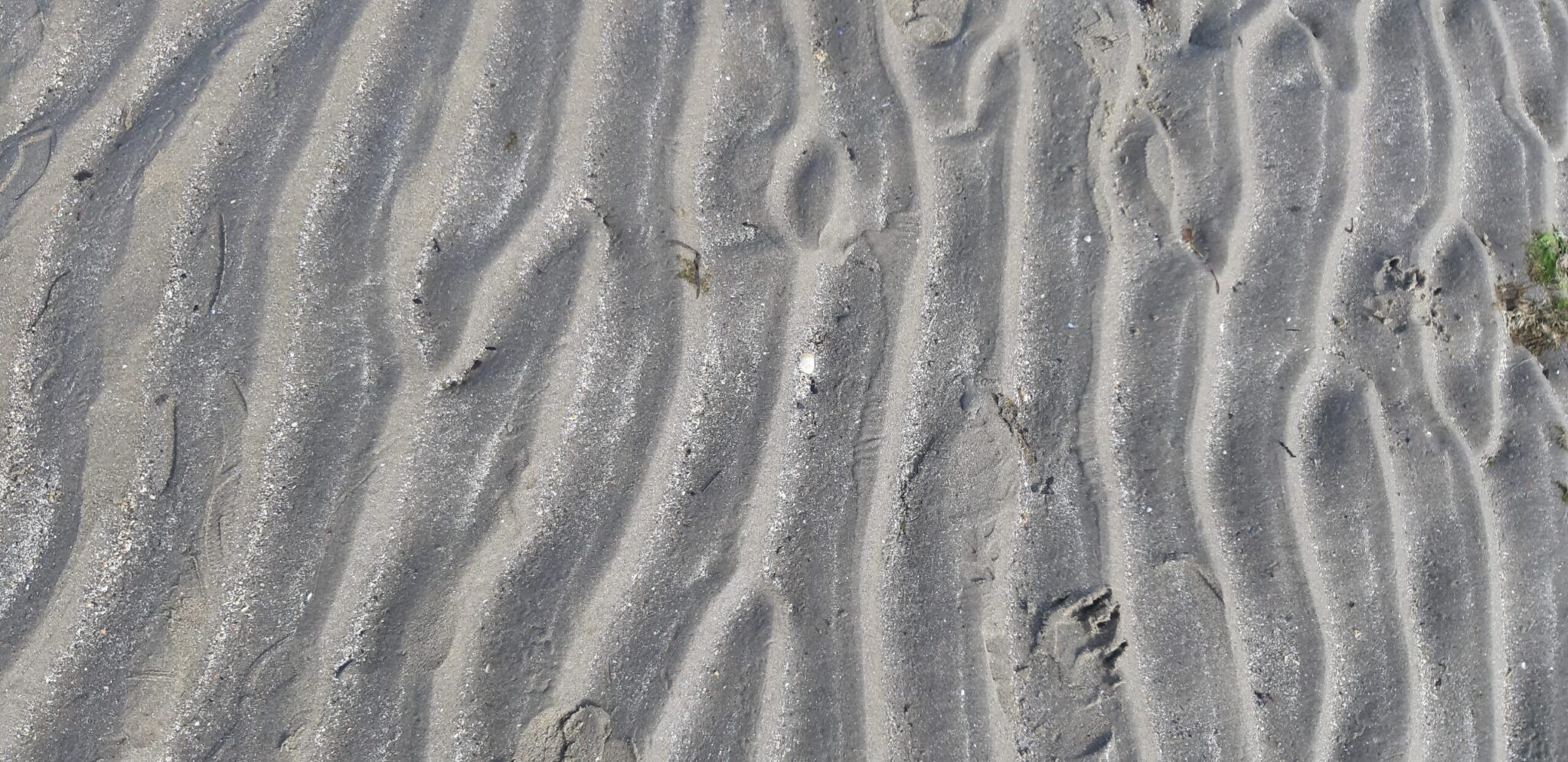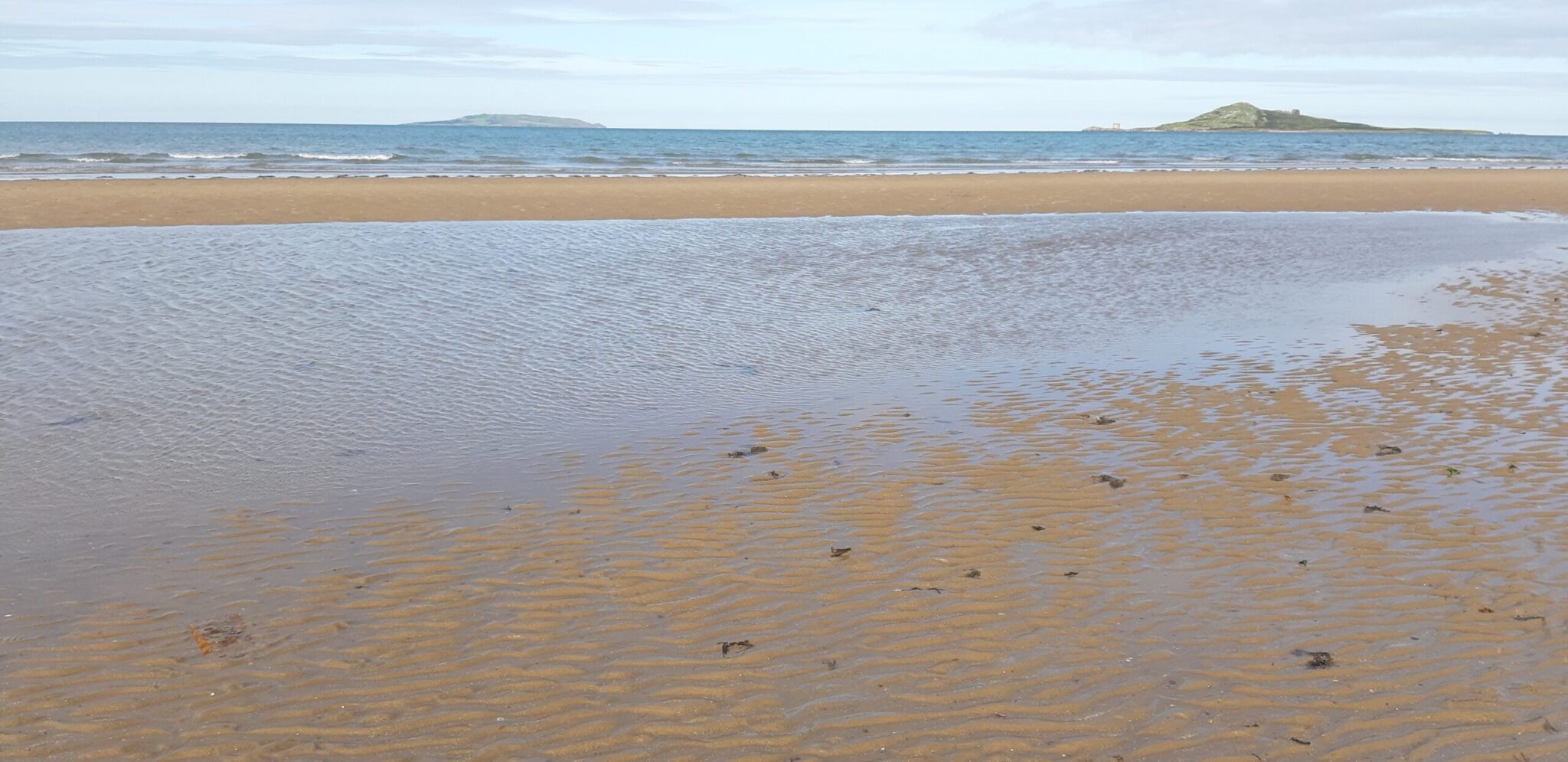Chaos – once a theory, now a reality
Our beaches and coastline are a source of real pleasure. However, it is impossible to predict or forecast what the water quality will be from one day to the next? Why is that? Are we afraid to recognize chaos?
A version of the familiar nursery rhyme was published in Poor Richard’s Almanack in 1758 by Benjamin Franklin:
For want of a nail the shoe was lost,
For want of a shoe the horse was lost,
and for want of a horse the rider was lost,
being overtaken and slain by the enemy,
all for the want of a horse-shoe nail.
Chaos is a dynamic phenomenon. It occurs when something changes. What is changeable in a given situation is referred to as a variable.
Could we consider the state of our bathing waters in this context:
all for the want of efficient wastewater treatment processes?
Or, could we be innovative and implement a monitoring system that includes weather forecasts, rainfall predictions and in-situ sensing?
Chaos has had a major impact on the sciences, forcing a close re-examination of what scientists mean by the words ‘error’ and ‘uncertainty’ and how these meanings change when applied to our world. Some authorities say that if we don’t have devices to give exact measurements of bacteria in our bathing waters, then the information is not valuable. I would argue, that when we make an observation, the measurement is never exact in a mathematical sense, so there is always some uncertainty as to the ‘True’ value. Therefore we should adopt available technology to provide information that has value – though it may not be completely accurate or True. Some of the insights gleaned from chaos lie in clarifying the role noise plays in the dynamics of uncertainty in the quantitative sciences. Noise has become much more interesting, as the study of chaos forces us to look again at what we might mean by the concept of a ‘True’ value. What is important is what the noise is, and not what obscures our vision of whatever we are trying to measure, be it the numbers of bacterial colony forming units, water clarity or the sea temperature.



